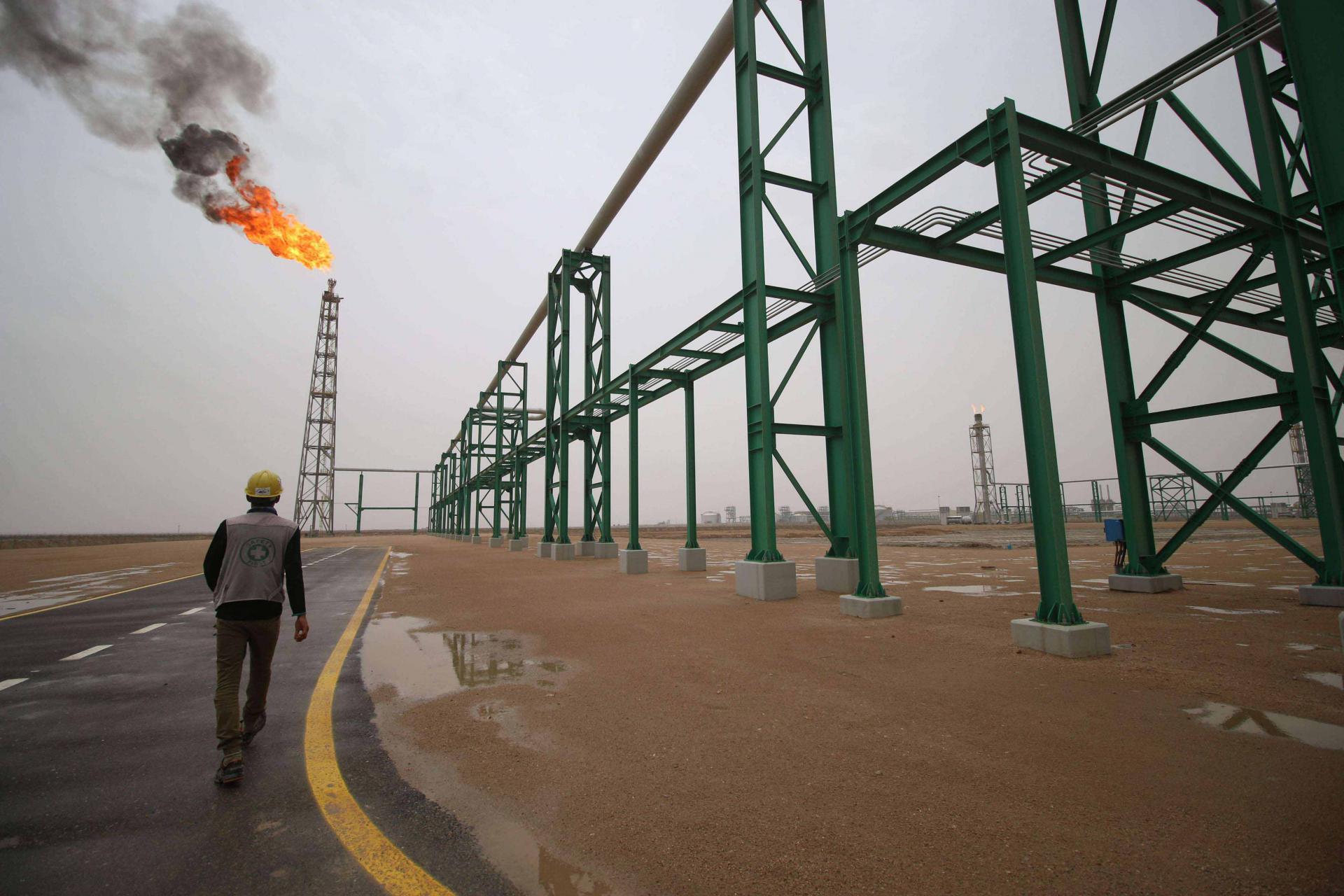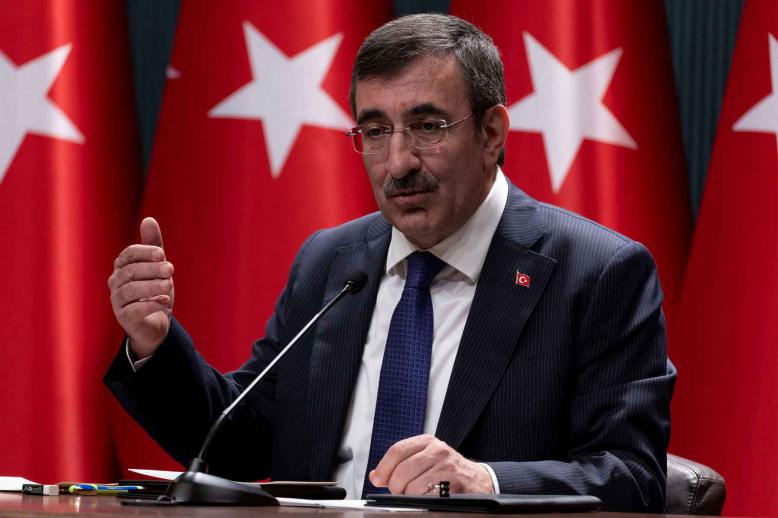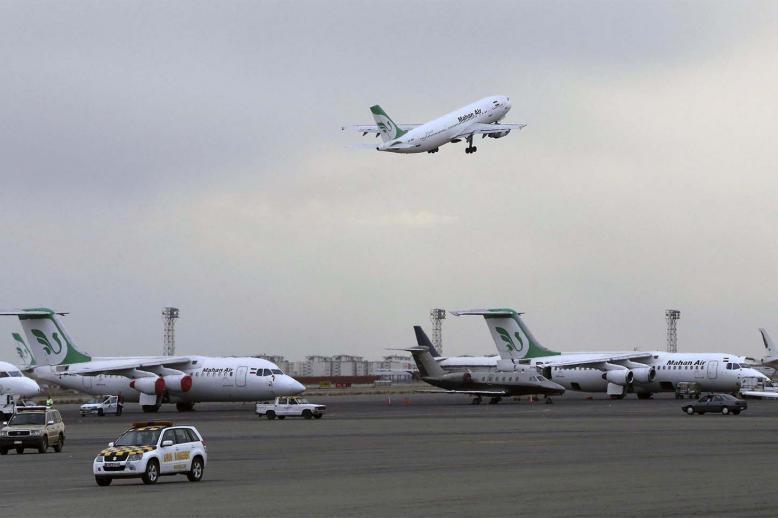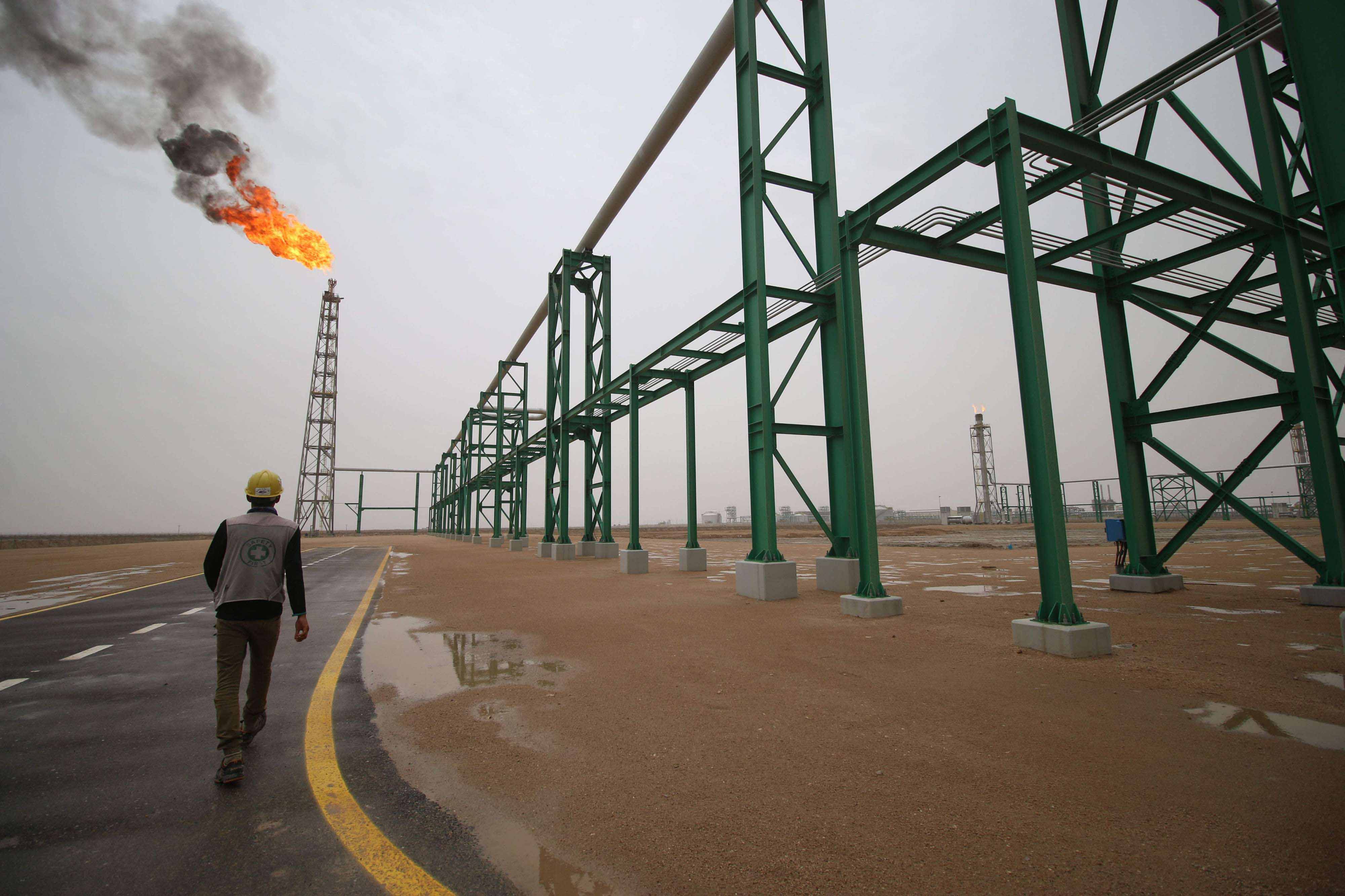Despite fourth largest oil reserves, Iraq faces chronic electricity shortages
As oil production in Iraq increases after years of prolonged decline, the country is back to fourth place among global oil producers. The effect of the Islamic State’s lightning assault has proven minimal on the oil market a year after declarations of victory were criticised for the glamourised version of liberation they pushed.
Can it be said that an oil revolution is in the works, as some analysts predict?
Now producing 4.78 million barrels per day (bpd), as the head of the National Oil Company stated, Iraq boasts the world’s fourth-largest oil reserves after Saudi Arabia, Canada and Iran.
As for the country’s inhabitants, “we only see a growing tally of invisible gains,” Rashid, a 21-year-old activist, said. While Iran takes a hit after sanctions were implemented by the Trump administration, Iraq plays catch-up.
Despite the greater strides the petro-state hopes to take, Iraqi officials cannot expect the journey to be smooth. Roadblocks, including underinvestment in non-oil sectors, a severe shortage of power capacity and absent state services, will devastate growth. The areas around major oil installations have been sites of consistent protests but the protests have done little to topple the sectarian status quo.
The signing of an agreement between Baghdad and two firms — General Electric and Siemens — stimulated optimism among investors. Other projects include a Japanese-funded plan that stalled after the Islamic State’s takeover of north-western territories. The venture to erect a new plant is to resume with Japanese financial aid but will such monetary gains distract the government from its duties towards its people?
Part of the deal “was snatched by US conglomerate General Electric” after US President Donald Trump called outgoing Iraqi Prime Minister Haider al-Abadi, said Ahmad al-Mahmoud, a senior researcher at London-based opposition group Foreign Relations Bureau — Iraq.
The deal with Siemens came after a gas turbine project the company was brought on board for never took form. The slow revival of oil fields in Qayarah and Zubair has not been felt in the gas market, whose reliance on inefficient oil-fuelled power plants continues, as does the deterioration of living standards and rolling electricity blackouts, contradictions that cannot be ignored at the heart of Iraq’s oil market.
The revolution many predicted does not disguise these glaring contradictions, most visible in the port city of Basra, where lucrative oil sales bore no fruit for the country’s destitute masses.
Efforts to raise generating capacity have not been matched by an appetite to cut poverty rates, which raises further questions of oil’s potential to offer the good life its wealth promises. In early October, Oil Minister Jabar Ali al-Luaibi promised that all new contracts would be required to employ a workforce that was 85% Iraqi.
However, if the outcome of these new stipulations is not enhanced living standards and self-repairing infrastructure “the government will have to do better,” Mahmoud said. The real question for him is whether the goal is real change or to keep Iraq’s resources under the control of its alliance of investors and business friends.
Nazli Tarzi is an independent journalist, whose writings and films focus on Iraq’s ancient history and contemporary political scene.
This article was originally published in The Arab Weekly.







